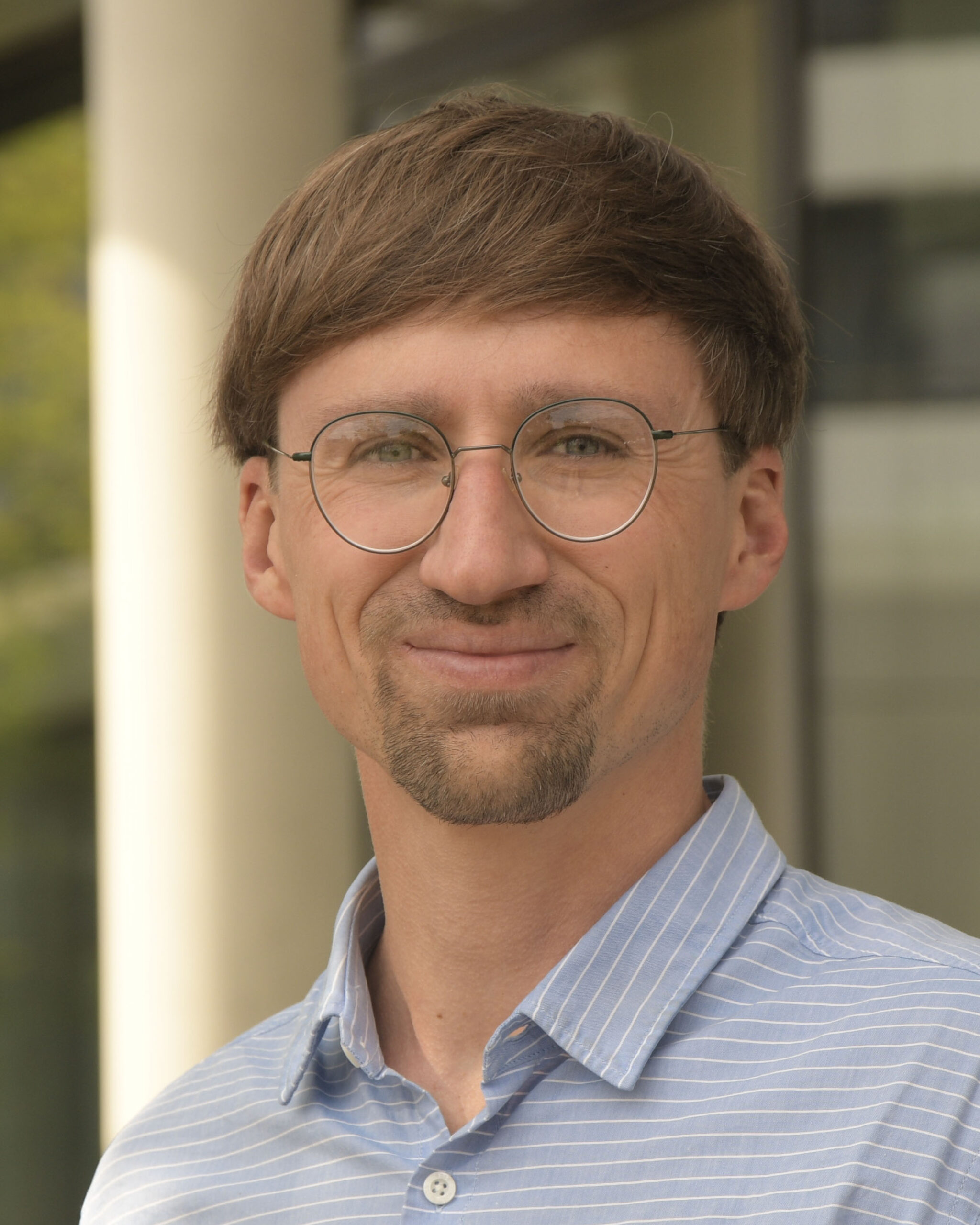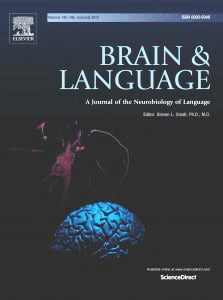Early Career Award
Michael Artur Skeide

 The Society for the Neurobiology of Language is pleased to announce the 2022 Early Career Award recipient: Michael Artur Skeide
The Society for the Neurobiology of Language is pleased to announce the 2022 Early Career Award recipient: Michael Artur Skeide
The Early Career Award is generously sponsored by Brain and Language
Neurodevelopmental origins of human understanding
Friday, October 7, 2022, 3:00 - 3:45 pm EDT, Regency Ballroom
Chair: Sharon Thompson-Schill, University of Pennsylvania
Speaker: Michael Artur Skeide, Max Planck Institute for Human Cognitive and Brain Sciences, Leipzig, Germany
In several core domains of natural intelligence current artificially intelligent systems are hopelessly inferior to the human brain. This becomes obvious while you are reading this text. You have learned to almost effortlessly understand what is written here. Driven by this fascination for understanding learning, the two overarching questions I will address in my talk is how the developing brain learns to make sense of the senses (e.g., read words) and to build mental models of the world (e.g., a mental lexicon). In addition to potentially universal principles of learning, I will also focus on individual and cross-cultural differences in learning.
About Michael Artur Skeide
Michael Artur Skeide received his PhD from the University of Leipzig in 2012 and, after less than six years of postdoctoral research in Leipzig and Stanford, he was awarded his Habilitation in Psychology from the Humboldt University of Berlin in 2018. He was made a Research Group Leader at the Max Planck Institute for Human Cognitive and Brain Sciences in 2020.
Dr. Skeide’s research focuses on various aspects of the neurocognitive milestones of language acquisition from prenatal to adulthood. In his PhD, he showed that, beyond general cognitive capacities, such as working memory, children’s language comprehension abilities are uniquely associated with the connectivity of a fronto-temporal brain network which increases only gradually towards adulthood. In his postdoctoral studies, Skeide discovered a novel link between the anatomical architecture of brain regions needed for visual word recognition and DNA variation in NRSN1, a gene known to modulate the developmental differentiation of nerve cells. Based on these multimodal data, Dr. Skeide and his group were able to prove the feasibility of reliably forecasting later written language skills in school beyond intelligence and parental education levels. He and his group have also conducted cutting-edge, cross-cultural work in non-western-educated industrialized-rich-democratic (WEIRD) individuals in rural northern India. In this population, he discovered that written language learning induces neuroplastic reorganization in evolutionarily old deep brain nuclei associated with oculomotor control and visuospatial attention that have not been identified before in WEIRD populations learning alphabetic scripts.
